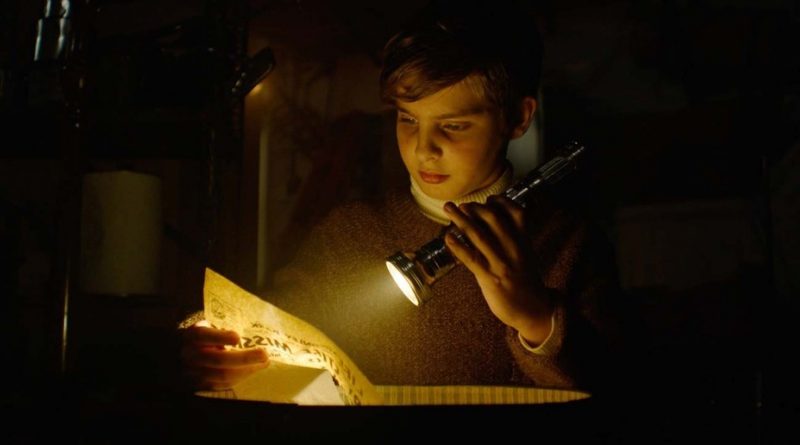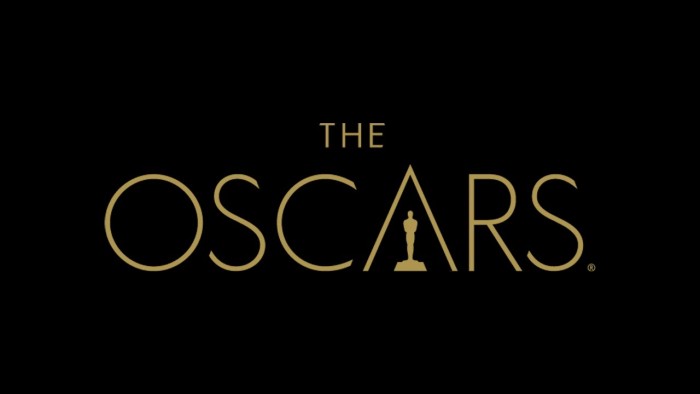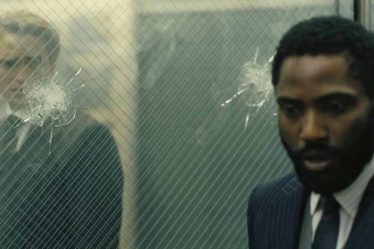
In documentarian Ursula MacFarlane’s film The Lost Sons, lead subject Paul Fronczak, a man searching for his own identity, walks the line between curiosity and egocentricity in a way that is often off-putting to the viewer. Arguably, for Macfarlane, Fronczak’s personality is part of what is being examined in this convoluted true-crime story about newborn abduction, family secrets, and identity. It is a story that will be most appreciated by diehard genealogists, but one with an extended running time that is far too padded to keep any other armchair detectives or true crime nuts engaged.
Paul Fronczak was abducted shortly after being born from Chicago’s Michael Reese Hospital in 1964. After little more than a year, he is thought to be discovered in New Jersey. As a boy of 10, Fronczak discovers this story, but his parents don’t want to discuss it. In The Lost Sons, we are told by Fronczak himself that thoughts of his kidnapping follow him through his young adulthood, where he is drawn to jobs that place him in the limelight, like playing in a band and working as an actor. This information is offered by the film’s subject as spoken directly into the camera. After a DNA test his parents beg him not to take, the film starts to take strange, but not shocking turns, leading to an end that is only partially satisfying and takes way too long to reach.
The detective work relating to genealogy and conducted by a collection of committed volunteers is the most interesting part of the film, as is the emotional meeting between Fronczak and his former babysitter, who reveals the disturbing environment in which he was raised when in New Jersey.
For the review in its entirety, go to AWFJ.org HERE.



